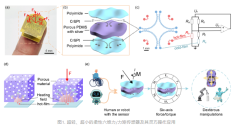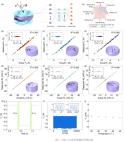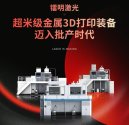Before the presentation, Zhu had arrived at the podium in a blue blazer to deliver a keynote. He began by contrasting his own AI philosophy with what he called the “Silicon Valley narrative”, that AGI could be attained through more data and computing power. The Chinese media, the public and government agencies had been sold a false narrative, one that had spawned a profusion of vacuous Chinese “AI institutes” and inflated startup valuations, as he put it in a written version of the
published later. One consequence of this misdirection was that it had convinced the Chinese that they were victims of the west’s “stranglehold”, or
kabozi, a term that has come to refer to the US’s export controls to China on high-end computer chips. To Zhu, the key factor holding back AI progress is not insufficient computing power, but a misguided approach to the whole subject. What had started as an academic feud conducted in conferences and peer review journals now seemed to be entangled in an epoch-defining contest for technological supremacy.
Zhu is remarkably consistent in his views, but the way he frames his message has shifted over the years. In his speech, his rhetoric occasionally echoed that of party officials, who issue warnings not to follow the west on issues such as free trade and human rights. China, Zhu said, needed to “resist blindly following” the Silicon Valley narrative and develop its own “self-sufficient” approach to AI. (“The officials really like how he frames things,” one of his former students told me.) And yet in my four meetings with Zhu, he struck me as more intensely animated by the stakes of his intellectual quarrels than by international competition between the two countries where he had each spent exactly half his life. In service of his ambitions, he had learned to speak the Communist party’s vernacular.
By the time I left Zhu’s courtyard residence, it was the late afternoon. The sun had slanted below the rooftops, setting the magnolia blossoms aglow in a wash of pink. Zhu accompanied me back to the lattice fence that marked the entrance to his office. He wanted to reiterate that politics was not what was motivating him. “Over the last 30 years, I’ve been focused on one thing. It’s the unified theory of AI. To build understanding. That’s my only drive,” he told me. He brought up his research with Mumford again. “The Harvard and Brown school” of computer science, Zhu said, proudly. “That’s what we’re carrying on here.”




